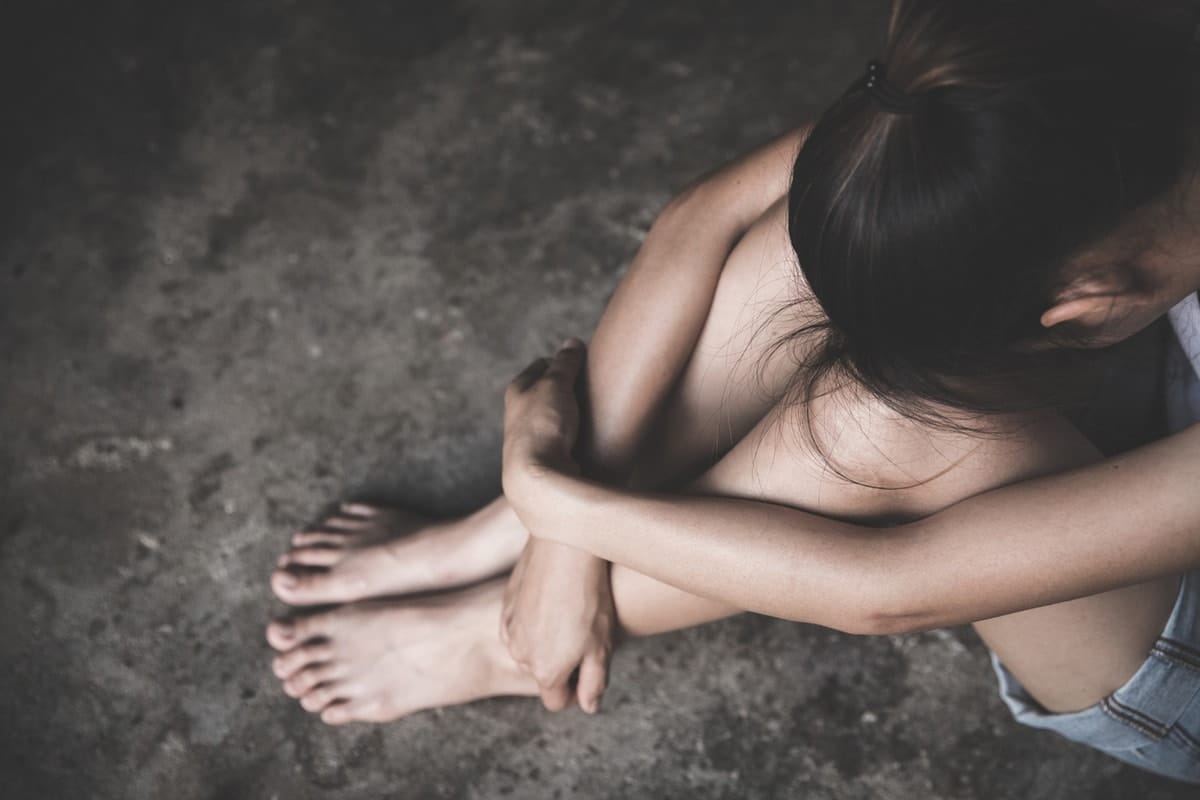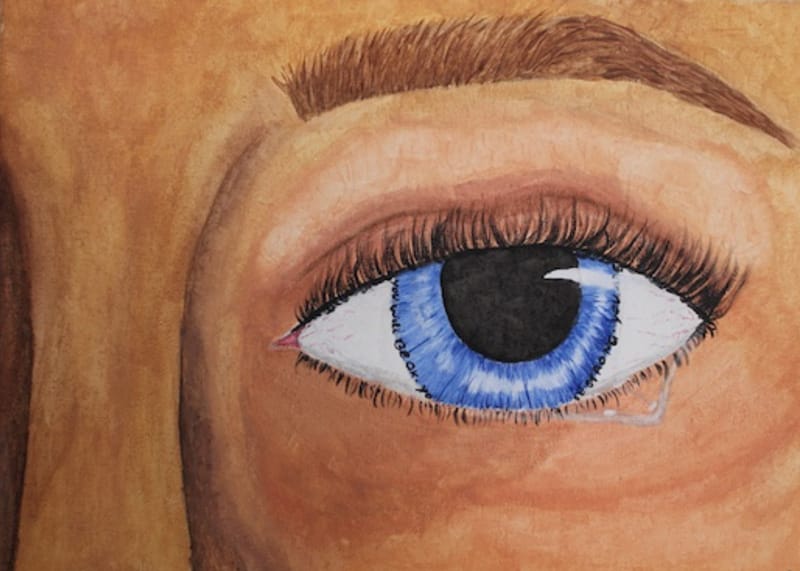
Child marriage is a pernicious form of violence against girls.
Girls who are married as children are at a greater risk of experiencing various forms of gender-based violence, including sexual and intimate partner violence, physical violence, emotional violence and psychological trauma.
Globally, about one in five girls is married before they turn 18. Where child marriage is a pre-existing phenomenon within a community, this rate increases dramatically in times of conflict and crisis.
They’re also more likely to experience problems with early pregnancy and childbirth, with the World Health Organisation reporting that early-pregnancy complications is the leading cause of death in girls aged between 15 and 19.
Girls who experience child marriage are also less likely to finish their education, and are more likely to live in poverty than those who do not.
Globally, about one in five girls is married before they turn 18. Where child marriage is a pre-existing phenomenon within a community, this rate increases dramatically in times of conflict and crisis.
In fact, conflict and crisis are a major trigger for child marriage, as families adopt the practice as a negative coping mechanism for the multiple and extreme forms of insecurity they face.
We undertook research in partnership with the NGO Plan International to explore the impact of conflict on adolescent girls in four crisis contexts: Syrian girls displaced in Lebanon; Rohingya girls displaced in Cox’s Bazar; South Sudanese girls in South Sudan and Uganda; and girls in the Lake Chad Basin (Niger, Nigeria and Cameroon).
While there were context-specific drivers of child marriage, we found there were also familiar patterns across all four communities that gave rise to an increase in the marriages.
Overwhelmingly, adolescent girls told us that didn’t want to marry young; instead, these were decisions made for them by their parents, guardians and community leaders.
Many of the adults we spoke to recognised that child marriage could have negative impacts on girls, but nonetheless felt this was the best decision that they could make for the girls’ protection.
Why was this the case?
First, a number of the adults – and the girls themselves – believed child marriage was a way of protecting girls and providing for their physical security in conflict-affected contexts.
In some cases, girls were married as a response to violence they had experienced, in order to restore the family’s honour.
In camps in Cox’s Bazar (Bangladesh) and in Beirut, there was a fear among the communities that girls were at risk in unfamiliar settings, cramped conditions, and surrounded by strangers. Many felt that if a girl was married, she may be less vulnerable to harassment and physical and sexual assault by strangers.
In South Sudan and the Lake Chad Basin, girls feared being kidnapped by militant groups and forced to marry soldiers. The 2014 Boko Haram kidnapping of 276 schoolgirls is a well-known example of this occurrence.
Again, communities felt such violence was less likely if girls were married. A community leader in Lake Chad told us: “The major problem I observe is that some of the girls got married not because they wanted to marry; they got married because of the insurgency, and some were kidnapped. Some were forced to marry.”
In some cases, girls were married as a response to violence they had experienced, in order to restore the family’s honour.
Married to 'restore honour'
Our research found evidence of this in Lake Chad, South Sudan and Beirut, where girls told us of friends who had been forced to marry their rapist. As one girl in Nigeria stated: “They married her out to the rapist.”
Second, many communities spoke of the economic insecurity that forced families to make the decision to marry their daughters young. All of the communities where we conducted research faced serious and ongoing economic hardships due to issues associated with conflict and forced migration.
This may have been exacerbated by a lack of work or working rights in displaced communities, and environmental crisis undermining agricultural production and increasing food prices, among other factors.
In some cases, families saw the marriage of a daughter as a means of reducing the family’s costs, while in others the practice of a “bride price” saw parents receive financial remuneration for the marriage of a daughter. A 16-year-old South Sudanese girl told us: “My friend from here was taken back to Sudan and got married to a man with two wives because of money, and they did it in silence.”
Read more: Rethinking Australia’s response to forced marriage
Finally, as the state and its capacity for governance collapses in conflict, communities often fall back on traditional practices, including child marriage.
This means that the marriage may be carried out in secret, may not be legally recognised, and girls may have little access to formal rights or justice when it comes to issues such as inheritance, property ownership, and child custody.
In addition to conflict, COVID-19 has compounded the threat to girls by creating further economic insecurity and disrupting humanitarian programs that address their needs. UNFPA estimates an increase of about 13 million child marriages because of the pandemic.
COVID-19 is also anticipated to intensify the harmful effects of child marriage, increasing exposure to sexual and intimate partner violence, and decreasing access to healthcare and support networks.
Across all four research sites, adolescent girls consistently told us that, above all else, their goals for the future were to complete their education and care for their communities.
These goals are wholly undermined by the practice of child marriage, which often isolates girls from their families and communities, entrenches gender inequality, and undermines the rights and opportunities of girls for their lifetime.





